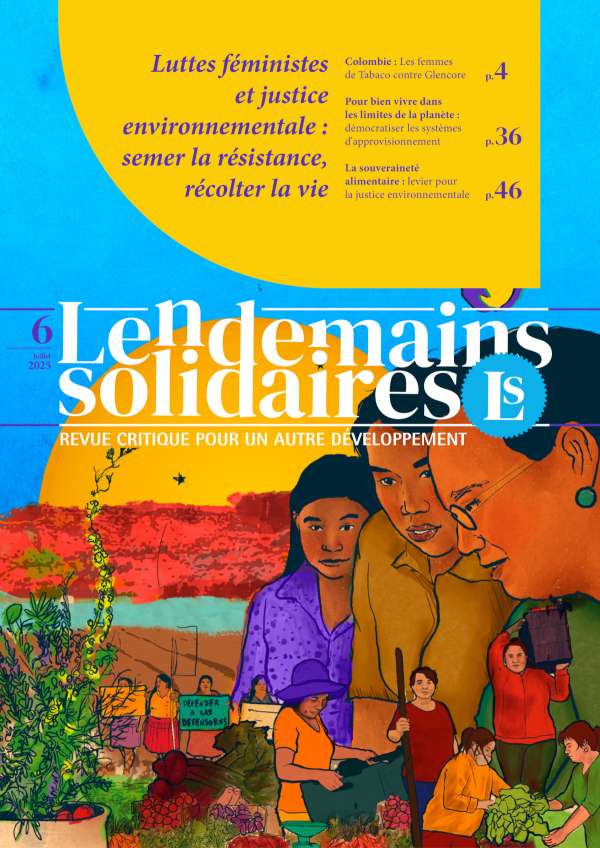Transnational corporations (TNCs) have become major and powerful actors.
The activities of transnational corporations are a source of multiple human rights violations
In many cases, especially when victims are from the Global South, impunity prevails. TNCs are indeed able to evade national jurisdictions because of the unprecedented economic, financial and political power they command, their transnational character, their economic and legal flexibility and the complex structures they use to carry on their activities.
Since the late 90s, the CETIM is firmly committed to ending the impunity of transnational corporations and ensuring access to justice for the victims of their activities. The CETIM supports social movements, trade unions and organizations representing victims and affected communities from the Global South in their efforts to access the UN human rights protection mechanisms. And the CETIM is involved to their sides in the campaign for new binding international norms to end impunity, providing its support for their participation in the negotiations and the presentation of their proposals.
Stop TNCs impunity Campaign
Access to justice for victims of TNCs
In 26 years of oil drilling in the Amazon region of Ecuador, Chevron (formerly Texaco) polluted more than 450,000 hectares of one of the planet’s richest biodiversity regions, destroying the living and subsistence of its inhabitants. After 21 years of litigation, and despite a ruling by the Ecuadorian courts, impunity continues for Chevron, and the victims of its activities in Ecuador are still waiting for justice and compensation.
Continue reading
The history of Coca Cola in Colombia is that of a permanent attack on labor and trade-union rights, including the killing of at least ten trade unionists and links with paramilitary groups. The Sinaltrainal union is at the forefront and is severely affected.
Continue reading
The mining project of Oceana Gold (formerly Pacific Rim) in El Salvador threatens the environment and the livelihoods of communities, Local populations oppose the project and are victims of human rights violations. The government has refused to allow the project to continue and is now being sued by Oceana Gold at the World Bank’s International Centre for Settlement of Investment Disputes (ICSID). The company is demanding 300 million dollars in compensation.
Continue reading
The Tampakan Copper-Gold Project in the Philippines threatens the environment and the livelihoods of local populations. The Bla’an indigenous peoples that occupy these ancestral territories oppose the project and are victims of multiple violations of human rights. But Glencore-Xstrata is still insisting on pursiung the project.
Continue reading
In 60 years of oil production in the Niger Delta, the local communities have known no rest. Shell has systematically violated human rights and destroyed the environment as well as the livelihoods of communities, but neither international campaigns nor national laws, courts and regulatory agencies have been able to end these practices.
Continue reading
« Previous
1
…
29
30
31
32
33
…
46
Next »


